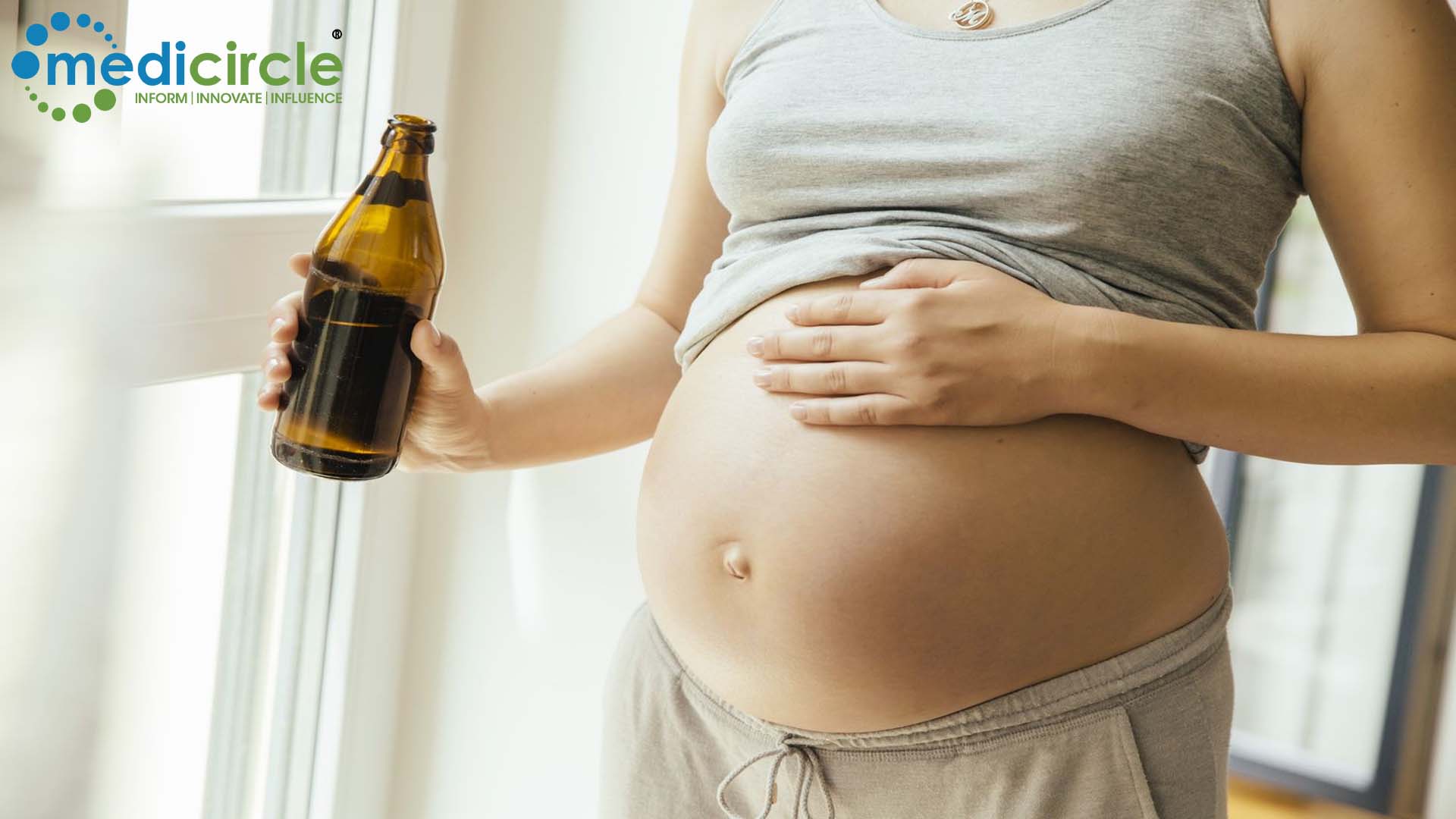A recent study published in the journal “Alcohol Clinical and Experimental Research” sheds light on the potential consequences of even low to moderate alcohol consumption during pregnancy. The findings highlights the importance of understanding the impact of alcohol on prenatal development.
Lead researcher Bakhireva emphasized that while extensive research has focused on heavy alcohol use during pregnancy, with defined thresholds like 14 drinks per week or binge drinking, their study dived into more common and moderate levels of alcohol exposure prevalent among pregnant women.
The study revealed subtle yet significant changes in prenatal development, with notable effects observed on gestational age, particularly in male infants, and on birth length, which was more pronounced in females. However, Bakhireva cautioned that these findings should be interpreted carefully due to limitations in statistical power for sex-specific analyses and challenges in accounting for other contributing factors.
The early stages of pregnancy are critical for fetal organ development, making this period particularly vulnerable to the effects of alcohol exposure, explained Bakhireva. She highlighted that many women consume alcohol before realizing they are pregnant, emphasizing the unique aspect of their study, which examined drinking patterns around conception and early pregnancy.
Although most participants reduced or stopped alcohol consumption upon learning about their pregnancy, the study still observed deficits in both male and female infants, even with reduced alcohol intake.
Bakhireva emphasized the need for larger, nationally representative studies to validate these findings and explore sex-specific effects more comprehensively. This showcases the complexity of alcohol’s impact during pregnancy and the importance of understanding these dynamics for maternal and fetal health.
The study’s insights contribute to ongoing efforts to raise awareness about the risks associated with alcohol consumption during pregnancy, even at low to moderate levels. It highlights the need for personalized guidance and support for expectant mothers to promote optimal prenatal health and development.

 The study highlights the need for personalized guidance and support for expectant mothers to promote optimal prenatal health and development.
The study highlights the need for personalized guidance and support for expectant mothers to promote optimal prenatal health and development. 










.jpeg)













.jpg)
.jpeg)





